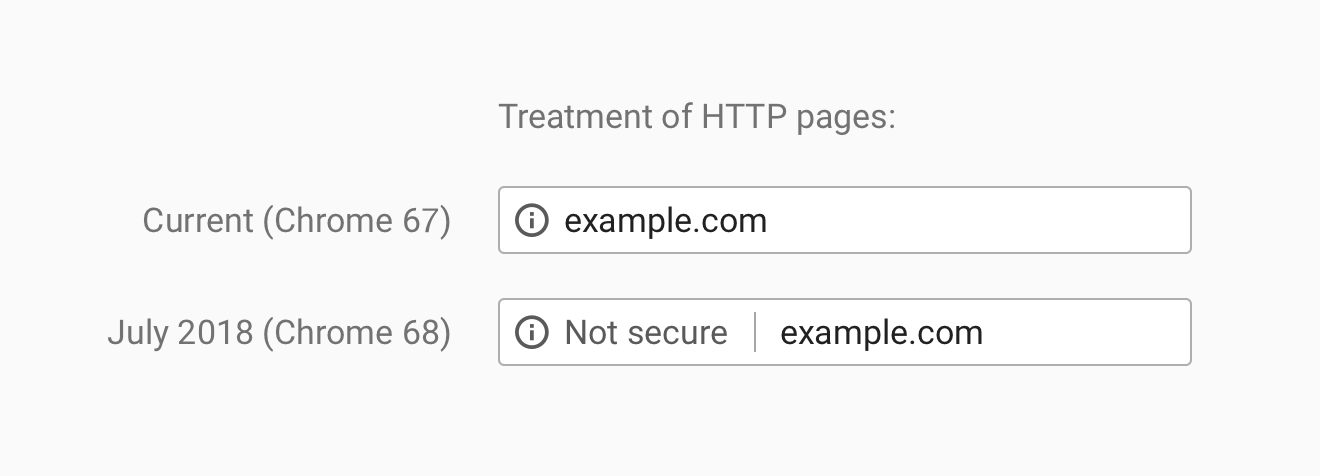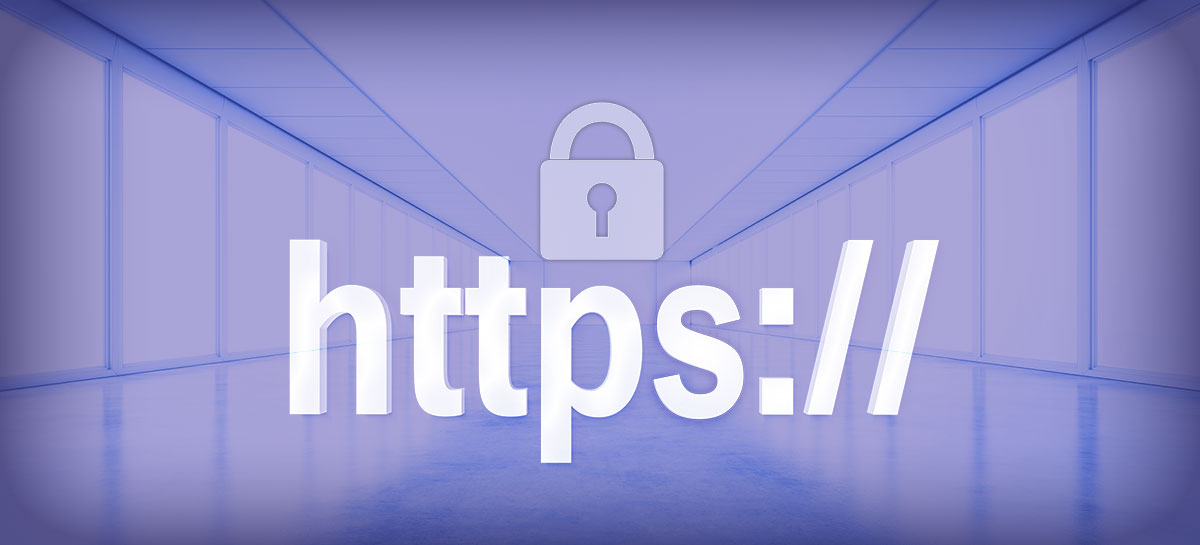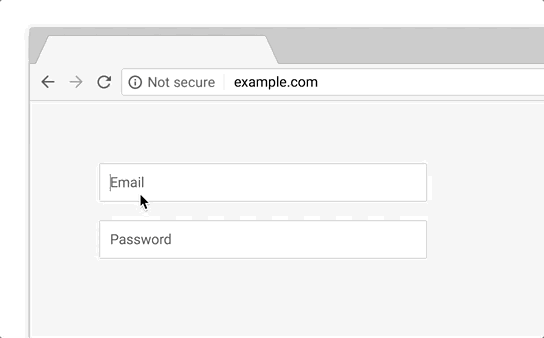Google Chrome to Mark Sites without HTTPS as Not Secure
Avoid the Google Chrome Non-Secure Penalty!
Google Chrome to Mark Websites without HTTPS as Not Secure. Hundreds of thousands of websites are going to find themselves labeled as unsafe unless they upgrade their sites with an SSL certificate. After years of pushing for ‘secure by default’ websites, Google will soon identify insecure sites in the Chrome browser beginning as soon as July 2018.
Starting with Chrome 68, due for release in July 2018, visiting a website using an HTTP connection will prompt the message “Not secure” in the web browser’s omnibox. This is the field at the top of the browser that accepts both URLs and search queries.
Because Chrome has over a 60 per cent share of the global browser market share in mobile and desktop devices, Google’s security push will be noticed by most Chrome users. This means that visitors may no longer visit those non-HTTPS websites due to security concerns.
According to Google’s statistics, 81 of the top 100 websites use HTTPS by default, and most of Chrome’s traffic on Android and Windows occurs over HTTPS (over 68 per cent), and more than 78 per cent of Chrome traffic on Chrome OS and macOS and iOS travels is encrypted via HTTPS.
What is HTTPS?
HTTPS is an acronym for Hyper Text Transfer Protocol Secure and is the secure version of HTTP. This is the protocol over which data is sent between your browser and the website that you are connected to. The ‘S’ at the end of HTTPS stands for ‘Secure’. It means all communications between your browser and the website are encrypted.
Web browsers such as Safari, Edge, Internet Explorer, Firefox and Chrome will display a padlock icon (some are green) in the address bar. This is a signal to the visitor that they have a secure encrypted HTTPS connection to the website.
What is an SSL Certificate?
SSL is an acronym for Secure Sockets Layer. An SSL certificate is a digital certificate that authenticates the identity of a website. When installed on a web server, it activates the padlock and the HTTPS protocol encrypting information sent to the web server using secure SSL technology. An SSL certificate serves as a website’s electronic “credentials” establishing an online entity’s identity when doing business on the Web. An SSL is important because the information you send on the Internet is routed from computer to computer on its way to the destination server. Any computer in between you and the server can see your credit card numbers, usernames and passwords, and other sensitive information if it is not encrypted with an SSL certificate.
From the Google Security Blog
Google Chrome to Mark Websites without HTTPS as Not Secure
https://security.googleblog.com/2018/02/a-secure-web-is-here-to-stay.html
A secure web is here to stay
For the past several years, we’ve moved toward a more secure web by strongly advocating that sites adopt HTTPS encryption. And within the last year, we’ve also helped users understand that HTTP sites are not secure by gradually marking a larger subset of HTTP pages as “not secure”. Beginning in July 2018 with the release of Chrome 68, Chrome will mark all HTTP sites as “not secure”.
In Chrome 68, the omnibox will display “Not secure” for all HTTP pages. Starting in October 2018 (Chrome 70), the browser will start showing the red “not secure” warning when users enter data on HTTP pages.
Higher Ranking with HTTPS
Google has confirmed that using HTTPS is a ranking signal, so getting a small rankings boost is good reason #1 for switching to HTTPS. Many sites have seen positive results after HTTPS migrations with an increase in organic search rankings, traffic, and lead conversions.
If the previous has not convinced you of the importance of moving to HTTPS, please take note of the following. Independent Research from analyzing 1 million search results found “that HTTPS correlated with higher rankings on Google’s first page”.
What About the Other Web Browsers?
Google’s Chrome is not alone in its push for a more secure Internet. Mozilla’s Firefox, Microsoft’s Edge, Opera, and Apple’s Safari all provide website visitors with warnings and information about a website that is not using a secure HTTPS Connection with a valid security certificate.
Limited Offer
Free SEO on New Website
Click on the button below and let us know you would like to receive the FREE SEO Limited Offer on a NEW IMCD Website.
IMCD Web Design was established in 1996 and is a professional web design company providing affordable business & real estate web design and development services for real estate agent websites and business websites. IMCD Websites are built utilizing the latest Mobile Responsive Web Design technology while also being SEO friendly.
IMCD Web Design
Phone: 303-688-1331
Toll Free: 877-999-4623












